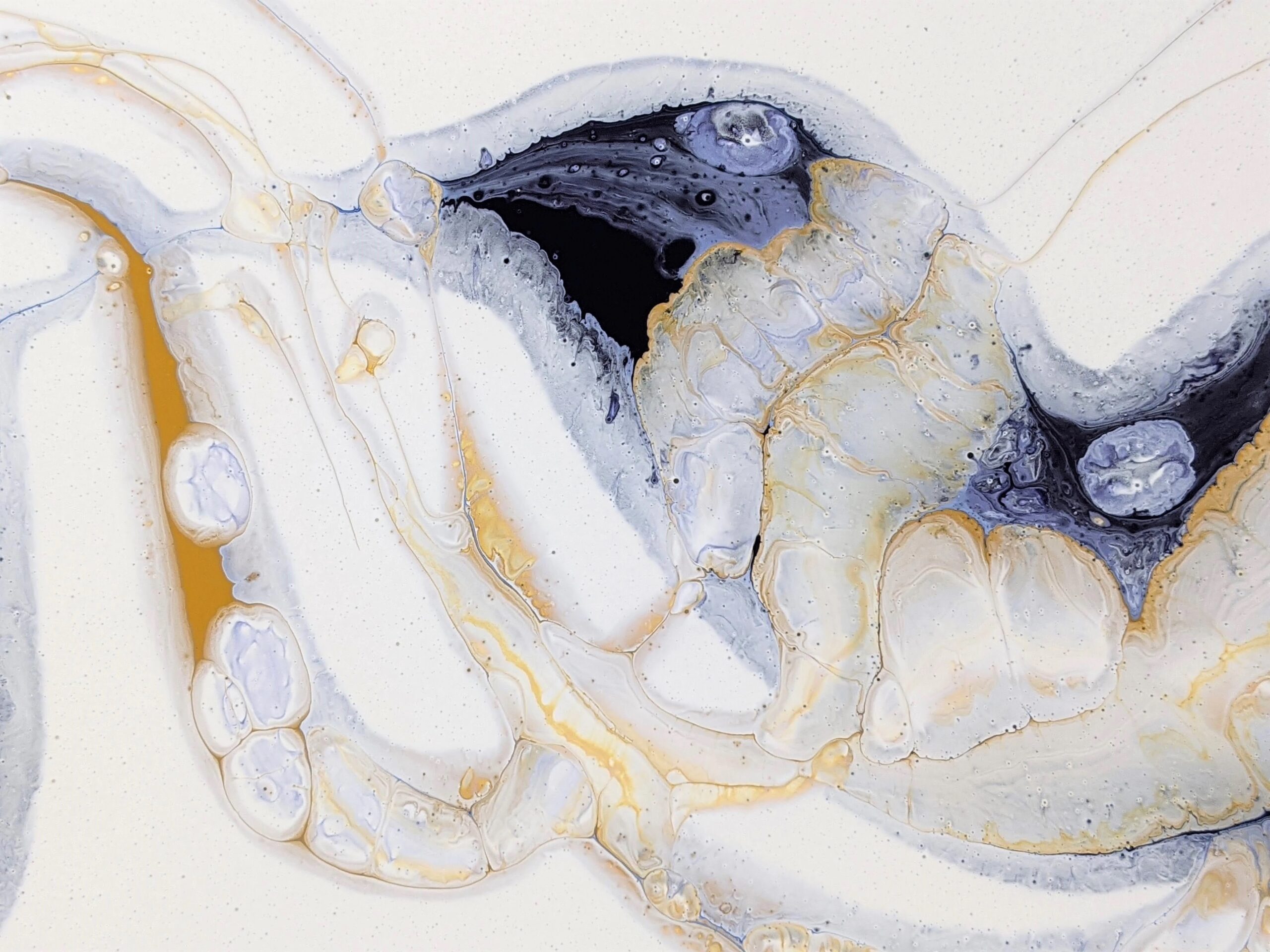Krimi, The Bacteria Controlling Your Health

In the ancient Vedic texts dating back 3000 years ago, visible and invisible microorganisms called Krimi were mentioned. Although unseen by the naked eye, these microbes were known to be present in foods like milk and butter, in water, in soil, on surfaces, on the skin, and inside the body. It was stated that some of these microbes are pathogenic, and some aren’t. Diseases caused by Krimi fall under Krimi Roga, and the treatment method focuses on modifying the environment rather than killing the undesirable microbes.
Thousands of years ago, Ayurveda understood that the gut is the seat of the mind. This claim was proved correct, and we now know that the majority of the body’s neurotransmitters are manufactured in the colon, hence why it is essential to maintain microbial homeostasis and to populate the gut with good bacteria.
According to Ayurveda, gut health is strongly linked to brain health. Any problem in the colon is related to Vata, and imbalanced Vata directly affects the nervous system, causing emotional instability, stress, anxiety, restlessness, inability to focus, excessive thinking, sleeplessness, and much more. While the science was not fully understood back then, we are now aware of the gut-brain axis and the tremendous benefits sufficient intake of probiotic bacteria has on the mind. The gut and brain communicate on a physical and biochemical level through the gut-brain axis.
Ayurveda blames 85% of diseases on a compromised digestive system and prioritizes digestive health. It even claims that we are as young as our digestive system and that the healthier our digestion, the longer we will live. Beneficial gut bacteria protect the intestinal lining against damage, which can ultimately lead to a leaky gut that allows the bacteria to interact with specific genes linked to age-related cognitive malfunctions. Beneficial gut bacteria thrive in an environment free of excessive stress, unwholesome food, allergens, pollutants, and pesticides.
Gut health promotes whole-body health; if microbes change, the body, brain, and mood change. Conversely, if the mood is altered by stress, compromised sleep, bad diet, or weather changes, our gut microbiome can be dramatically altered. This is why Ayurveda warns us not to eat when sad or angry and to consume food only when rested and happy. Gut microbes control our cravings, too! That’s why we crave ice cream and cake when sad or chocolate and chips when moody and groggy while menstruating.
Gut bacteria feed on a variety of foods. Some feed on fats, while others feed on sugar and starch, and what we eat is what they eat. For instance, if you love sweets and often indulge in them, a large population of your gut bacteria will be the type that feeds off sugar. When they get hungry, they send a signal to the brain for you to crave sweets, asking for their preferred fuel. This also explains why people who don’t consume sweets often don’t desire or crave them as much. Processed foods decrease microbial diversity due to their structure and limited flavor profile. They are almost always sweet, salty, and fatty and devoid of bitter and astringent tastes, not to mention their low nutritional value and addictive properties. One must avoid highly processed foods, hydrogenated oils, and sugars to fix the gut microbiome and boost good bacterial diversity.
Bacteria love feeding on butyric acid, a fatty acid naturally found in abundance in a healthy gut microbiome and is considered the best food for bacteria to feed on. The richest food source of butyric acid is high-quality cow’s milk, Ghee. Organic soil is also beneficial for bacteria, and plants that grow on pesticide-free soil are incredible for gut health due to their nutrient density and fiber content.
This revolutionary knowledge helps us reclaim our health, change our health, and overcome illness by improving our gut microbiome through proper diet and state of mind.
Copyright © 2022 REA. All Rights Reserved | Privacy Policy | Terms & Conditions
